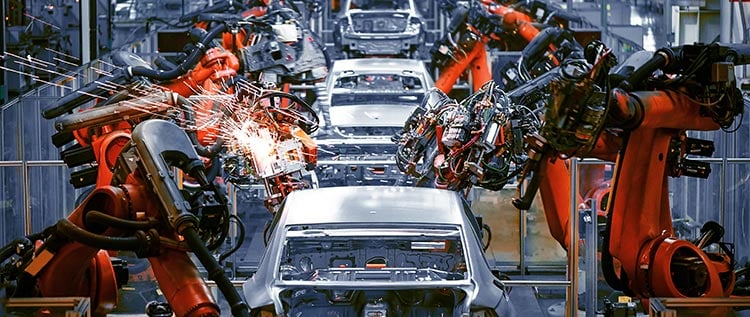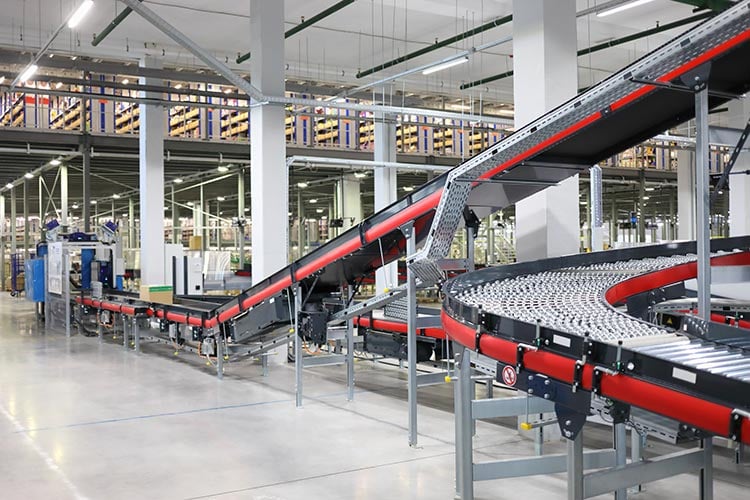
Many people assume that manufacturing costs are reduced when volume is increased. The more you make, the less you spend. Unfortunately, this is rarely true.
The reality is that mass production requires larger investments and high-scale production facilities. Securing the equipment and expertise needed to run this kind of operation is often out of scope for smaller companies. In contrast, low volume production processes require smaller investments and can be run using standard machines.
As a result, low volume production is often preferred at the early stage of development because it allows them to test the market without having to make large commitments. For small businesses looking to maximize their profits, low volume production can offer a valuable way to scale operations without committing too much upfront.
What Is Low Volume Production?
Low volume production is a type of manufacturing that falls under the low-volume manufacturing methods. Low-volume production typically refers to an item that has been produced in small quantities, with little or no engineering, design, or tooling investment.
A low-volume production run is often considered to be any order with less than 100 units, although this number can vary depending on the company. Low volume manufacturing processes are typically used for custom orders or small quantities of items that require short runs and lower setup costs.
Businesses that use low-volume production processes generally have a lot of flexibility and can respond quickly to changes in the market. This is why low-volume production methods are often used for custom orders or special requests, which typically require shorter lead times than high volume manufacturing operations.
Low Volume Manufacturing Benefits & Considerations
The benefits of low volume production include the ability to turn production quickly, creating custom products, and producing small run items. Low-volume manufacturing also allows companies the opportunity to test new designs without extensive up-front costs associated with design or tooling development.
The disadvantages of low volume production include high setup costs for low quantities of product, lack of economies of scale that can limit profitability in the long run, and higher per-item costs due to small production runs.
Why A Business Might Use Low Volume Production
Low-volume production is also often preferred for companies who are introducing new products or need time to perfect their process. It allows the business more flexibility, as they aren’t forced into making large investments before seeing how well something will sell on public markets.
As well, low volume manufacturing processes can help companies control costs and retain the flexibility to adjust as needed.
Low volume production also benefits custom manufacturing as custom products require a complete product redesign in order to meet specifications such as size or color. Low-volume custom products may also include items that use off-the-shelf components but need customization to fit specific needs.
For example, if your company manufactures bicycle components using low-volume production methods it provides you with more flexibility in the design process and saves money on manufacturing costs too.

Examples Of Low Volume Production
- Apple: In 2014, it was revealed that Apple had been outsourcing their Mac Pro manufacturing process to another company called Flextronics for the past two years. This allowed them time to perfect their processes before bringing production back in-house.
- Samsung: Recently, Samsung has been using low volume production to create their DRAM chips for phones and other devices. This allows them time to work out any kinks before having to make larger investments into high volume manufacturing (HVM).
- Porsche: Porsche has been producing cars since 1948 and has always made their cars with the same high quality. However, they have used low volume production methods along with their perfect manufacturing process to make cars for certain markets where demand is lower than normal.
- Tesla: One of the most famous low volume production examples is from Elon Musk and his car company, Tesla. They produce high-end electric cars in small numbers to keep them rare and exclusive for those who are able to afford them. This low volume manufacturing method has been popular among luxury car brands for decades.
- Amazon: Amazon is on a mission to take over the world and it appears that even though they produce billions of products each year, they still use low volume manufacturing for many of their products. This allows them to keep overhead low while still being able to provide a quality product.
- Steel: Steel used for low volume production is oftentimes more expensive than high-volume steel. High volume manufacturing of steel requires large quantities of the same type and size, while low volume manufacturing allows for a variety of types and sizes to be used without worrying about wasting material.
- Small business: Smaller businesses often times will use low volume production in order to test the waters. They can get a feel for what kind of demand there is and then plan out whether or not they want to bring manufacturing back in-house, contract it out again, etc. This allows them more time before taking on larger investments that may affect their bottom line.
How To Use Low Volume Production For Business Growth
There are many businesses out there who have opted for low-volume production methods in order to test the market and see if their product will be profitable before increasing output. Some may choose this method because they simply don't have the manufacturing space to produce in bulk. Others may choose low-volume production because it is more affordable, while still others might use this method simply because they are not sure if their product will sell or how customers would receive it.
RCO Engineering understands the nuances of low volume production and can work with you to decide if it suits your business model. Interested in getting started with your own low volume manufacturing? RCO has more than 43 years of experience in low volume production. We specialize in custom metal fabrication and design, as well as repairs for clients from a wide range of industries. RCO is also ISO certified to assure top quality every step of the way! Work with us today!

Comments